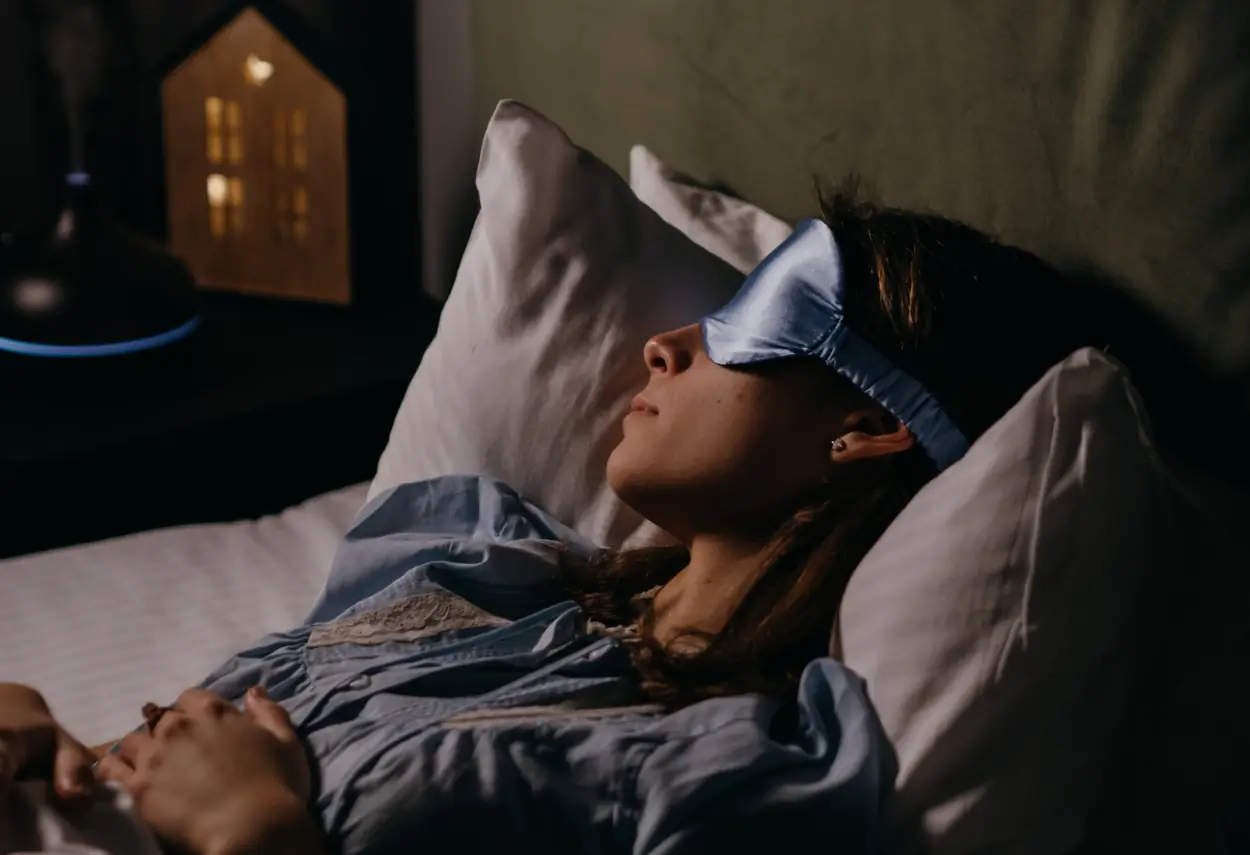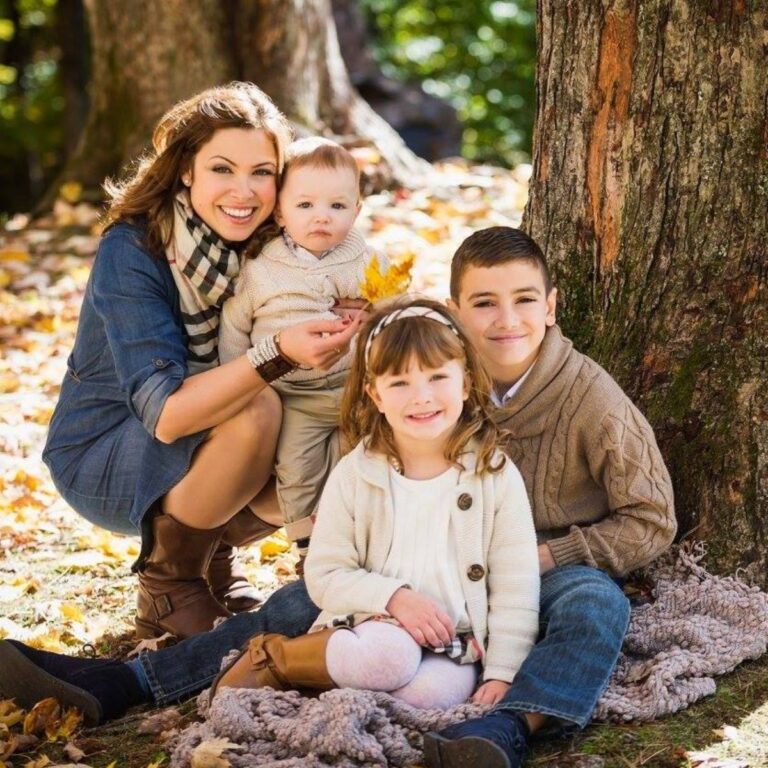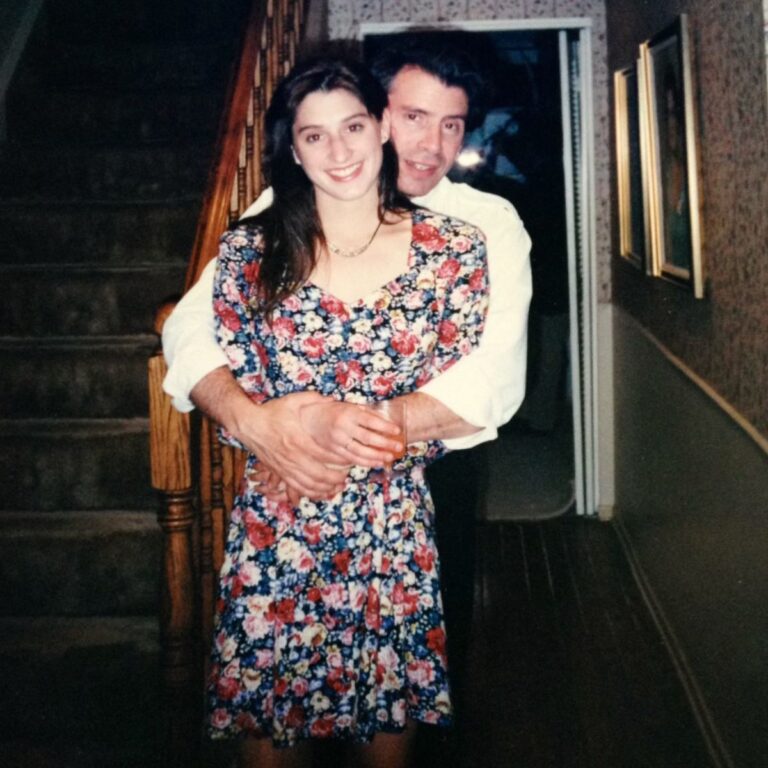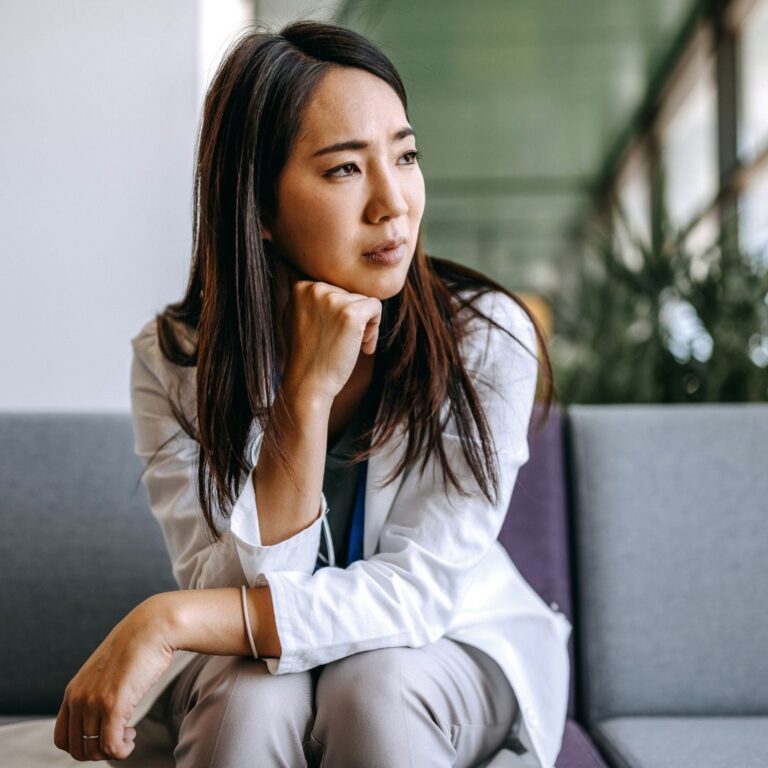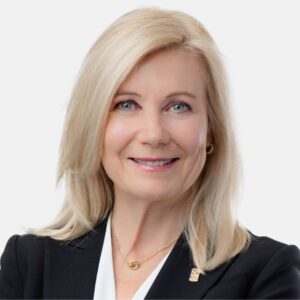Navigating the grief of infertility and finding purpose
Health06.10.2023
I am 34 years old, and I will never have my own biological children. This was not my own choice, but something I had to accept after a relentless battle with infertility.
Growing up as one of six children raised by a single mother, I faced a lot of struggles. I learned early in life that to overcome obstacles and find solutions, I needed to be resilient and determined. So, at 16, I went to my doctor about my irregular menstrual cycle and was told that birth control was my only option, even though I was not sexually active.
I accepted the situation, followed medical advice, and did not give the issue much thought until my husband and I began trying to build a family. And it did not go well.
We quickly realized we needed help, but we didn’t have a family doctor. When we finally found one, we pursued months of medical appointments, which is how I learned that I had both hypothyroidism and a diminished ovarian reserve.
If we wanted a baby, my husband and I would have to pursue in vitro fertilization (IVF), where my egg and my husband’s sperm were fertilized in a lab, and then implanted in me with the hope that it would develop into a viable pregnancy.
But there were a few problems with IVF.
The first is that where I live, in Nova Scotia, women under the age of 35 must wait one year of trying to conceive on their own before they are considered infertile, which, as any woman struggling to get pregnant knows, feels like an eternity of jumbled emotions like fear, frustration, anger, and hope.
The second is that access to IVF is limited, with only two clinics offering the process in the entire Atlantic region.
The third is that IVF is incredibly expensive — about $20,000 for a full IVF cycle — and not covered upfront by Nova Scotia’s health system.
And the fourth is that the drugs and hormones you pump into your system to prepare for IVF take a real physical — and emotional — toll.
But we really wanted a baby, and so we focused on what we needed to do to get pregnant, including setting up a GoFundMe page to help pay for our IVF treatments. What came next were months of injections and treatments and, ultimately, failure. It was a roller-coaster ride that left me feeling ashamed of my body and unworthy.
And it wasn’t just the medical conversations and procedures that were tough, I also had to find a way to strike a balance between my healthcare challenges and my professional life. In March of 2021, I began to bleed out in my car on the way to work. I had to call my male boss at that incredibly vulnerable, frightening moment to inform him of what was happening, and then drive myself, alone, in a pandemic, to the hospital to get care.
Afterwards, I had to navigate a workplace that required a doctor’s note to explain my absence, even though it was related to a reproductive health emergency. Getting time off to take care of myself was not simple either, requiring a barrage of calls and discussions with both my primary healthcare provider and my employer. These experiences really taught me the importance of workplaces adapting to the unpredictable, multifaceted nature of reproductive care, and showing empathy and flexibility to employees.
My journey through the intricate web of reproductive healthcare has offered me insights I never wanted and forced me to face trials I never expected, but it also served as a catalyst for me to challenge the status quo and advocate for change. I have become a self-described Wellness Warrior, because I am going to do everything I can to ease the path of those who suffered like me but who are hesitant to discuss their experiences due to feelings of shame or isolation.
We need a fairer, more inclusive, and more equitable reproductive healthcare approach. We cannot penalize people for wanting families. By fostering understanding, raising awareness, and advocating for comprehensive coverage that encompasses proactive reproductive care, fertility treatments, medications, and accommodating workplaces, I’m steering towards a future where reproductive care is universally accessible to all people here in Canada and where no other couple has to suffer in silence.
